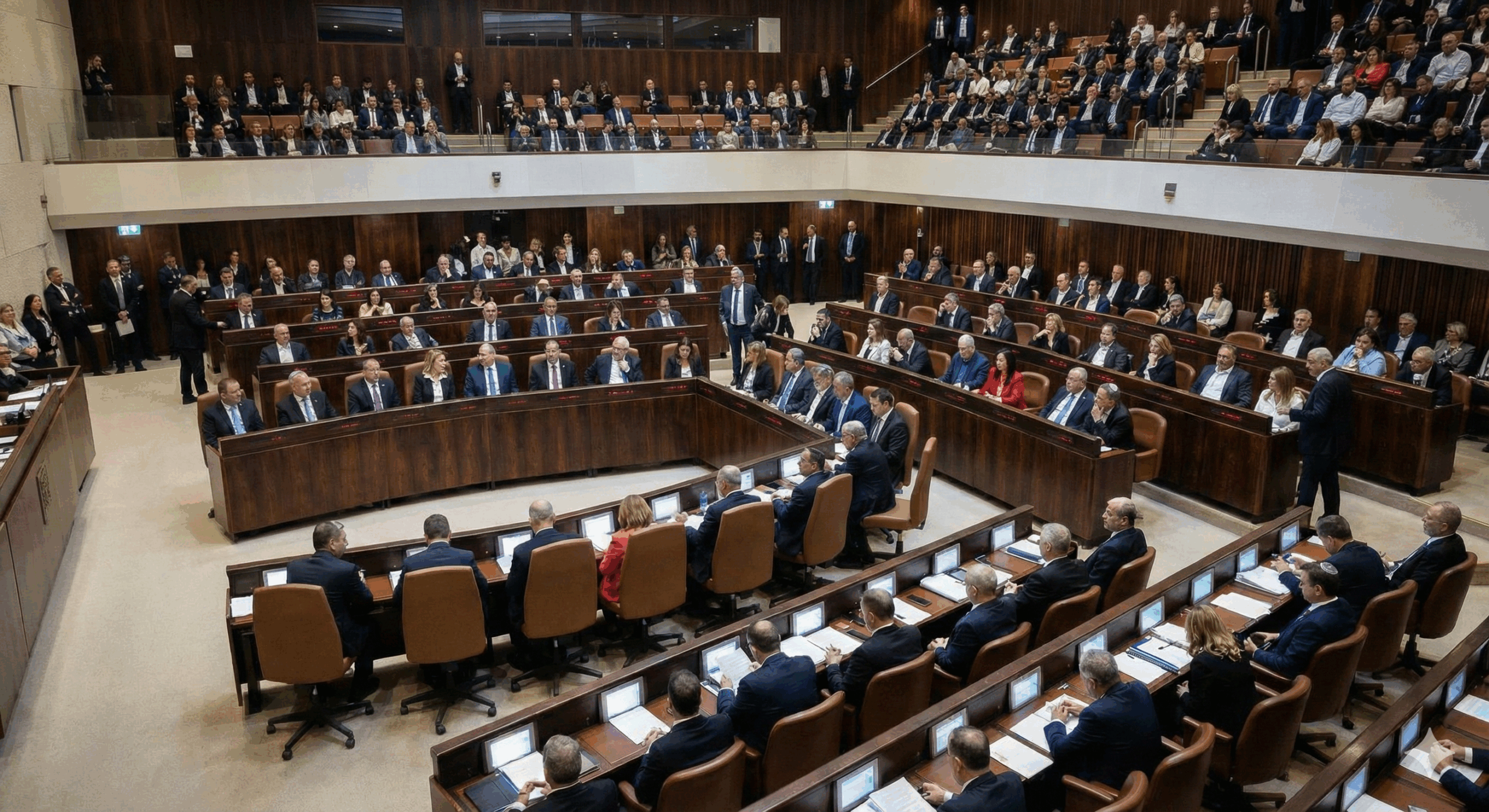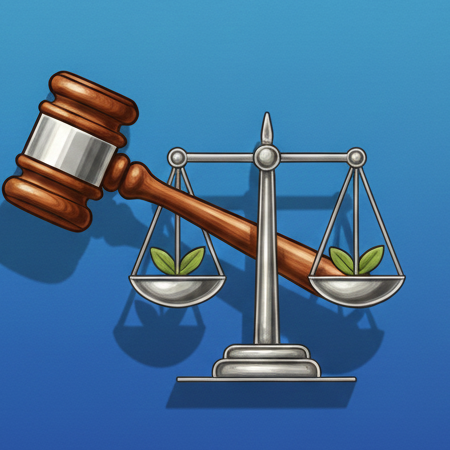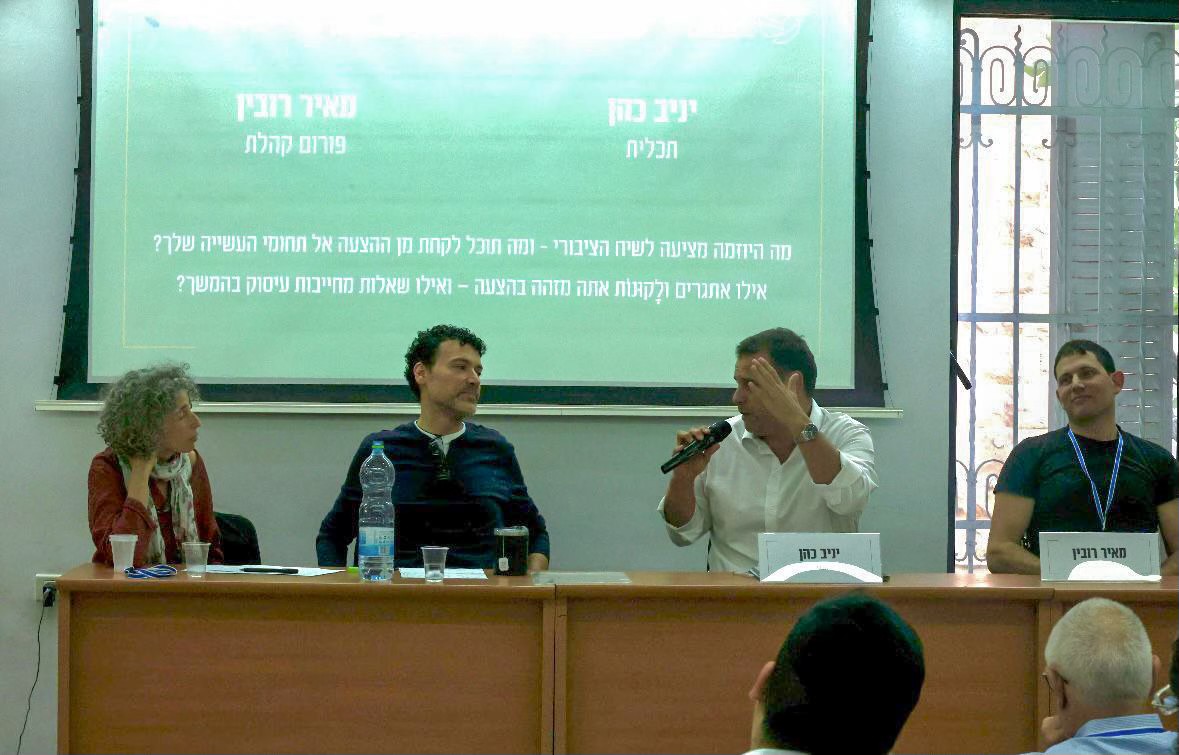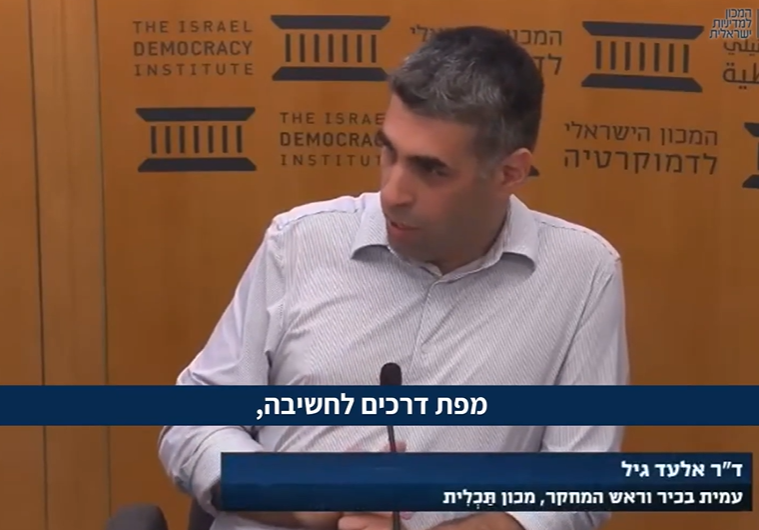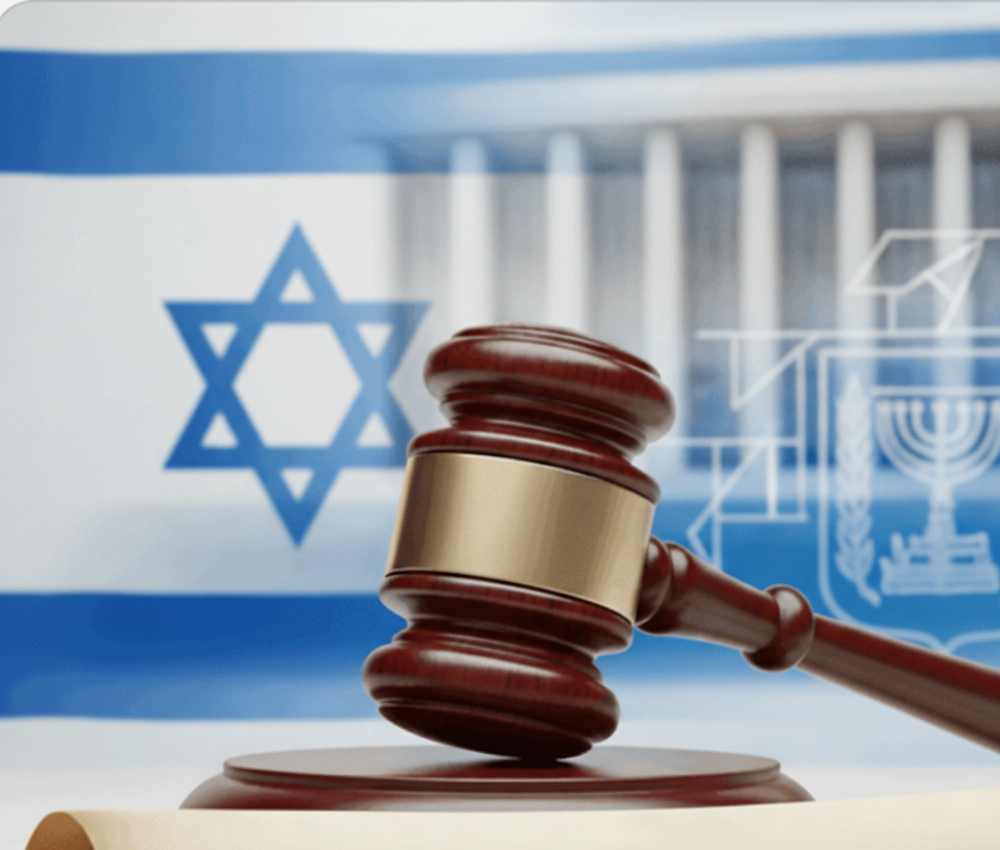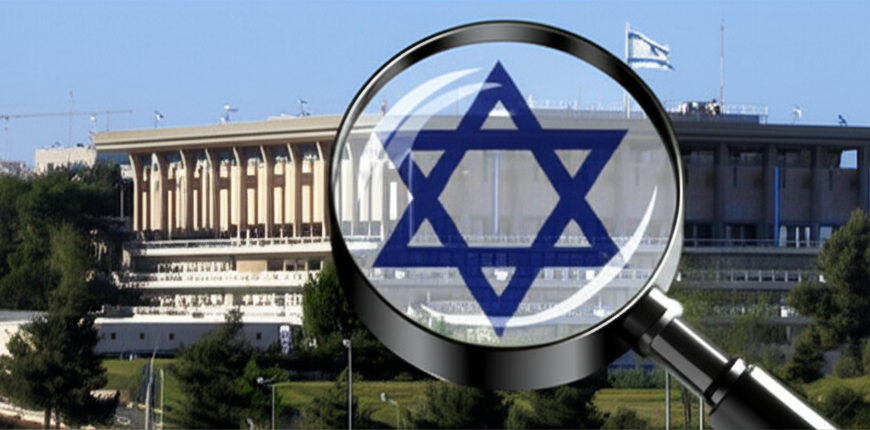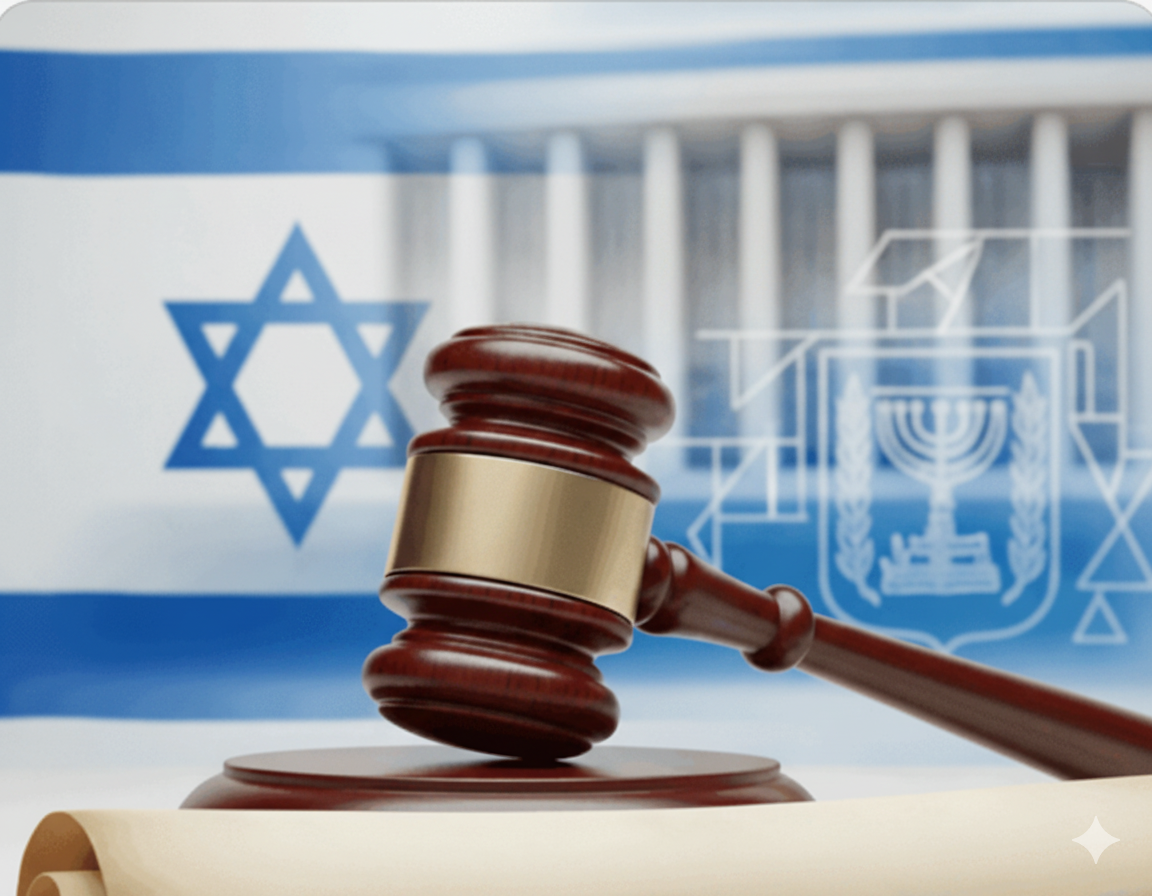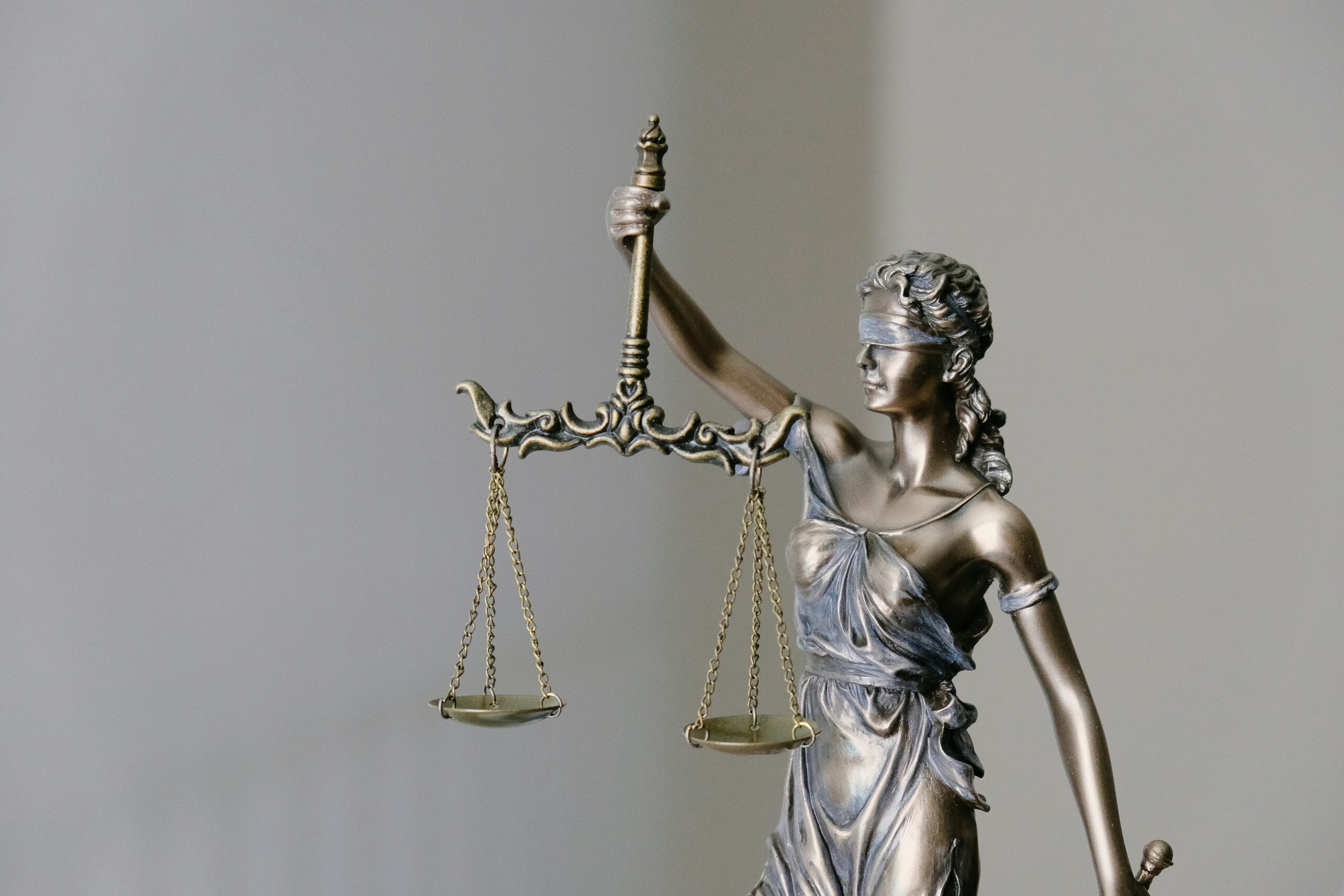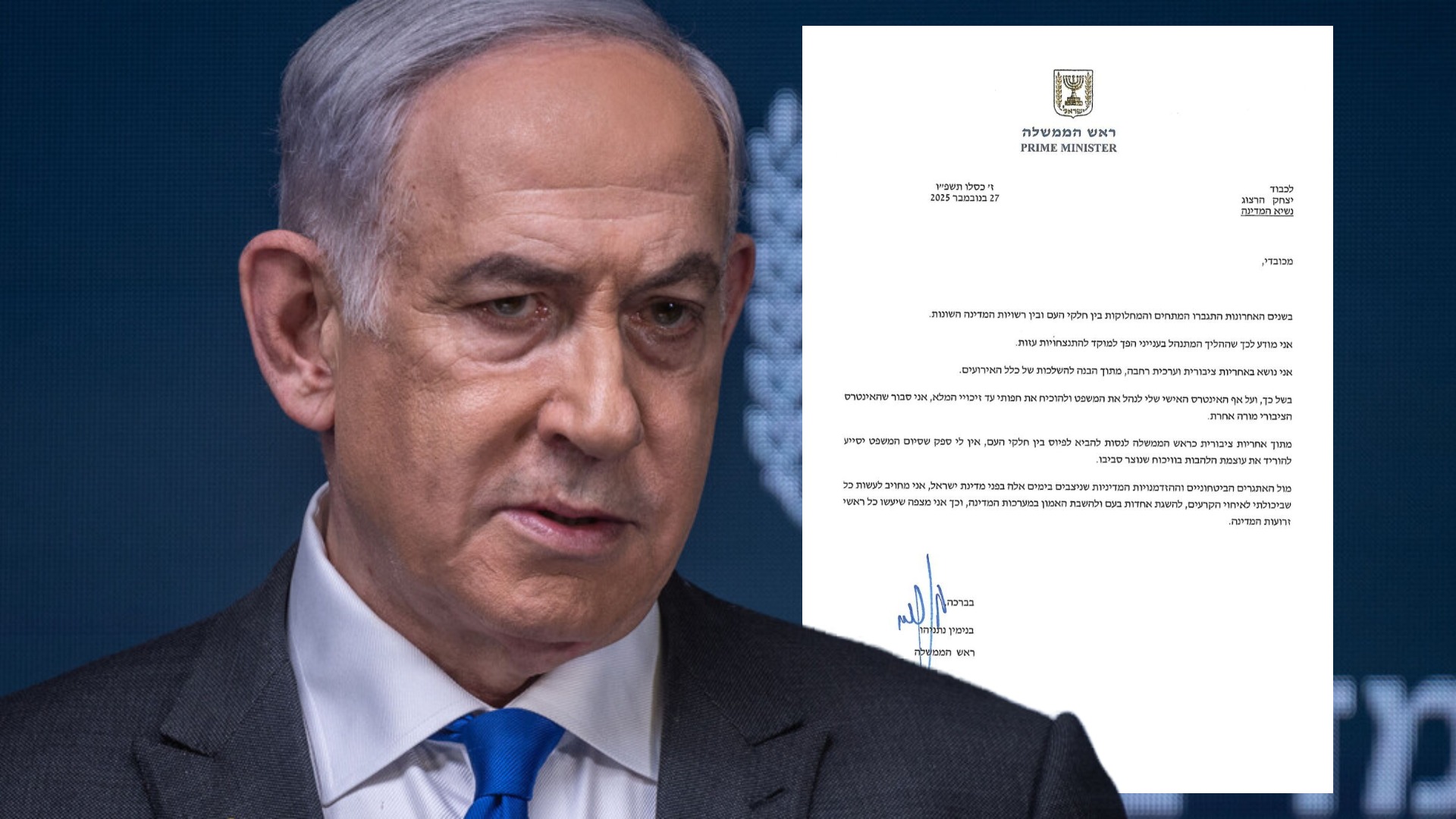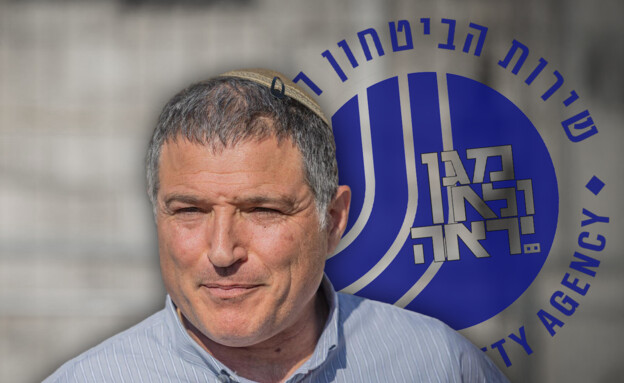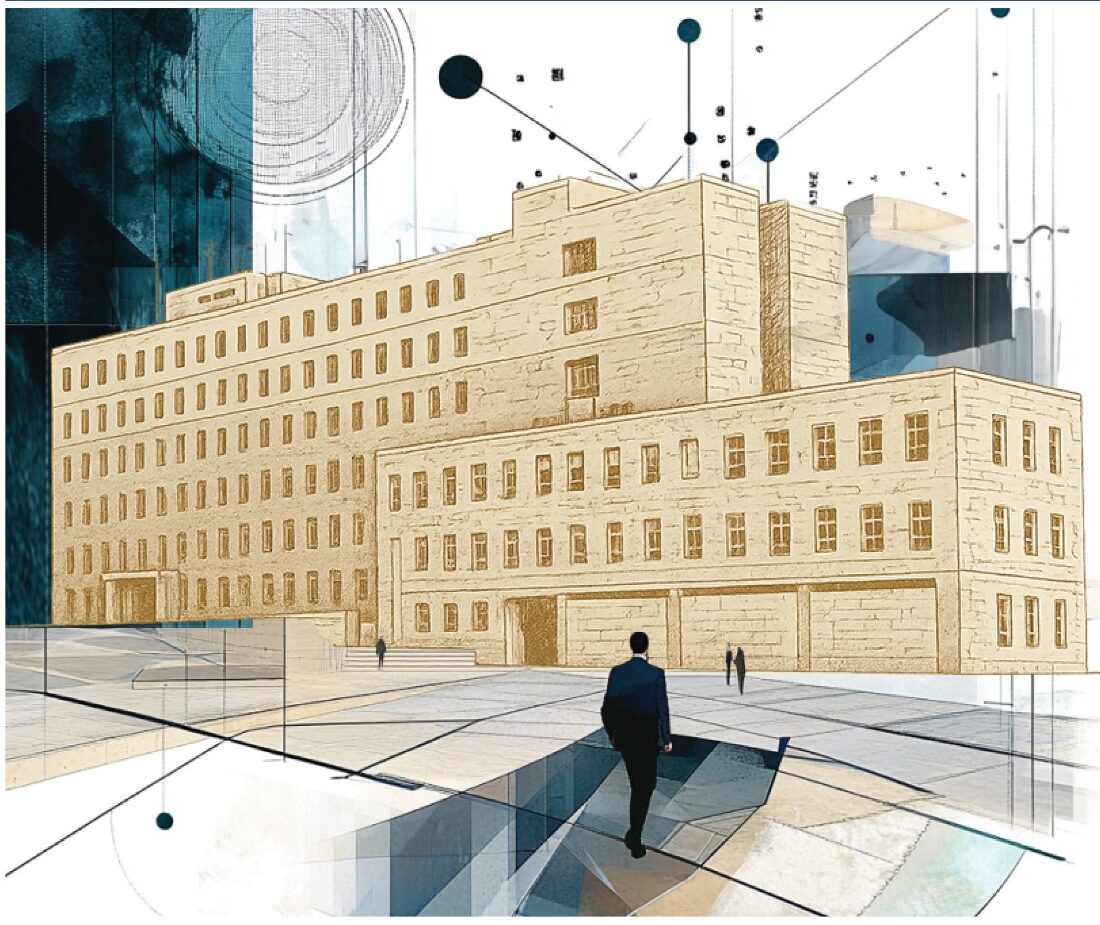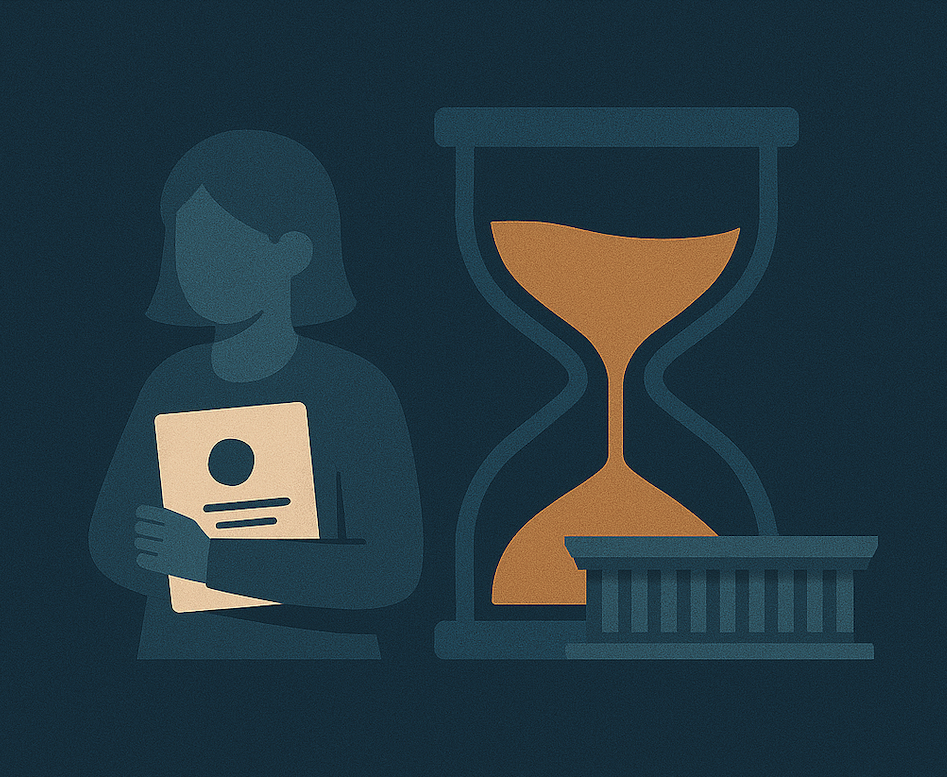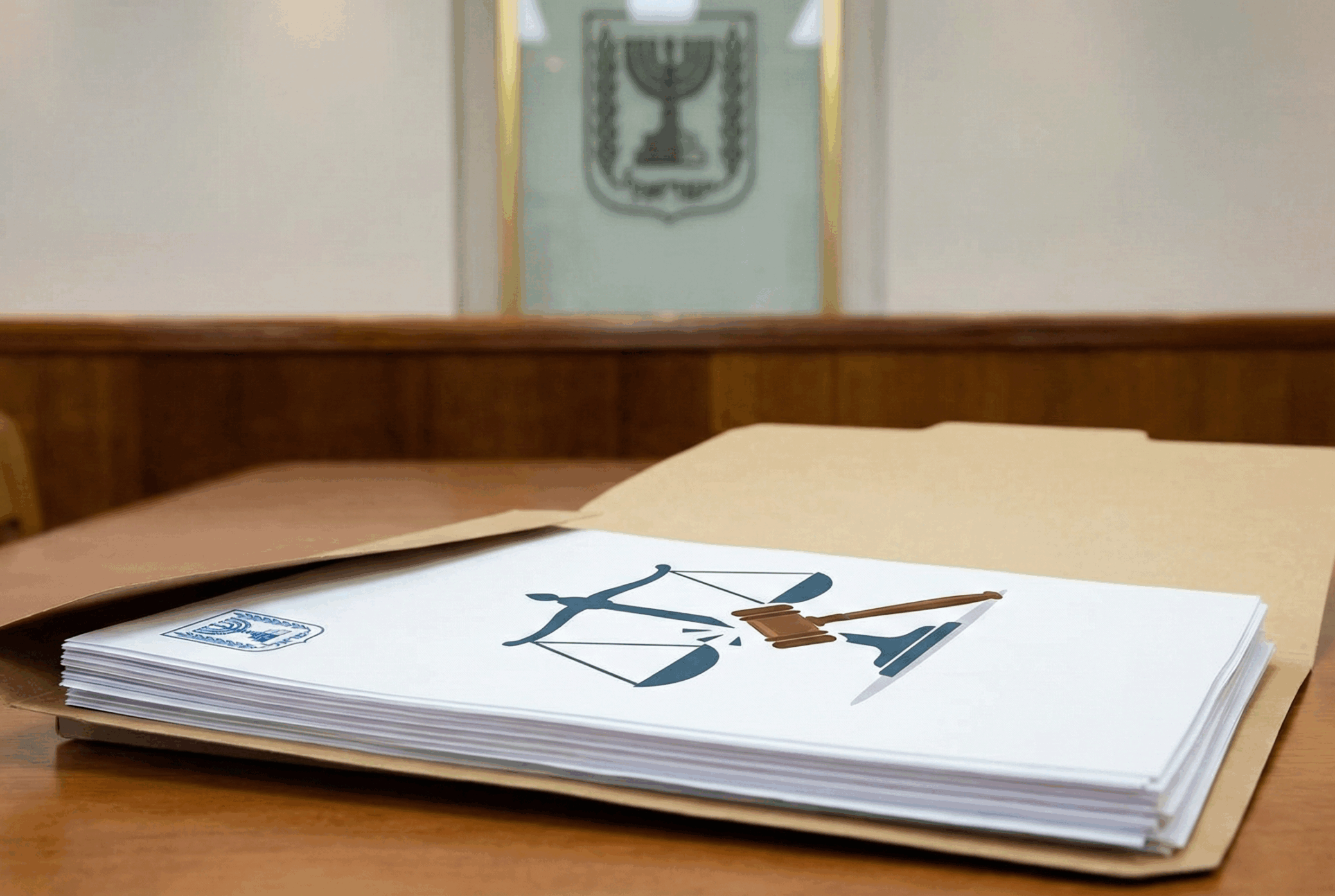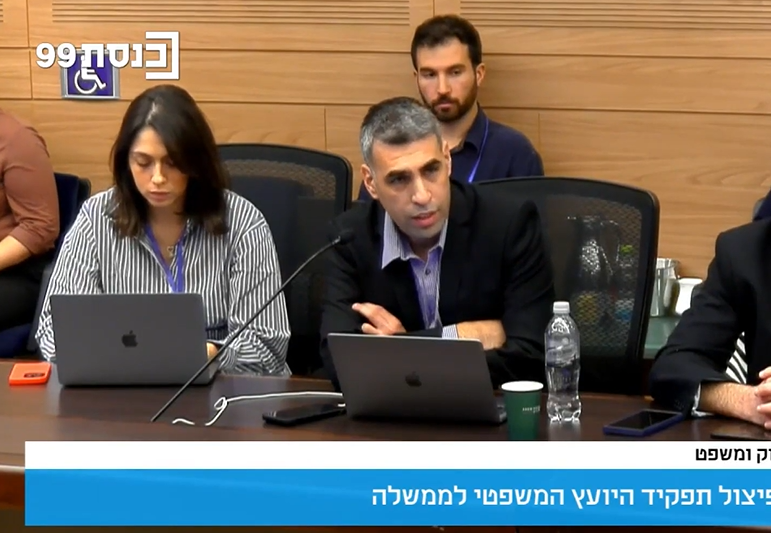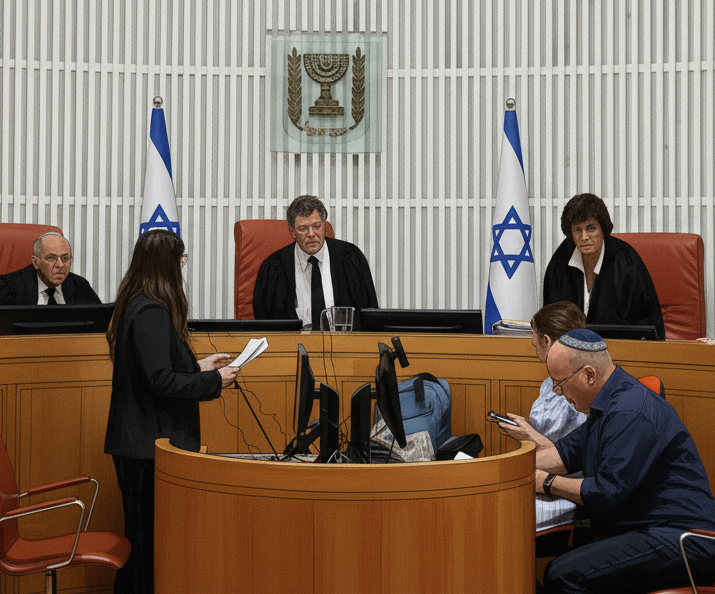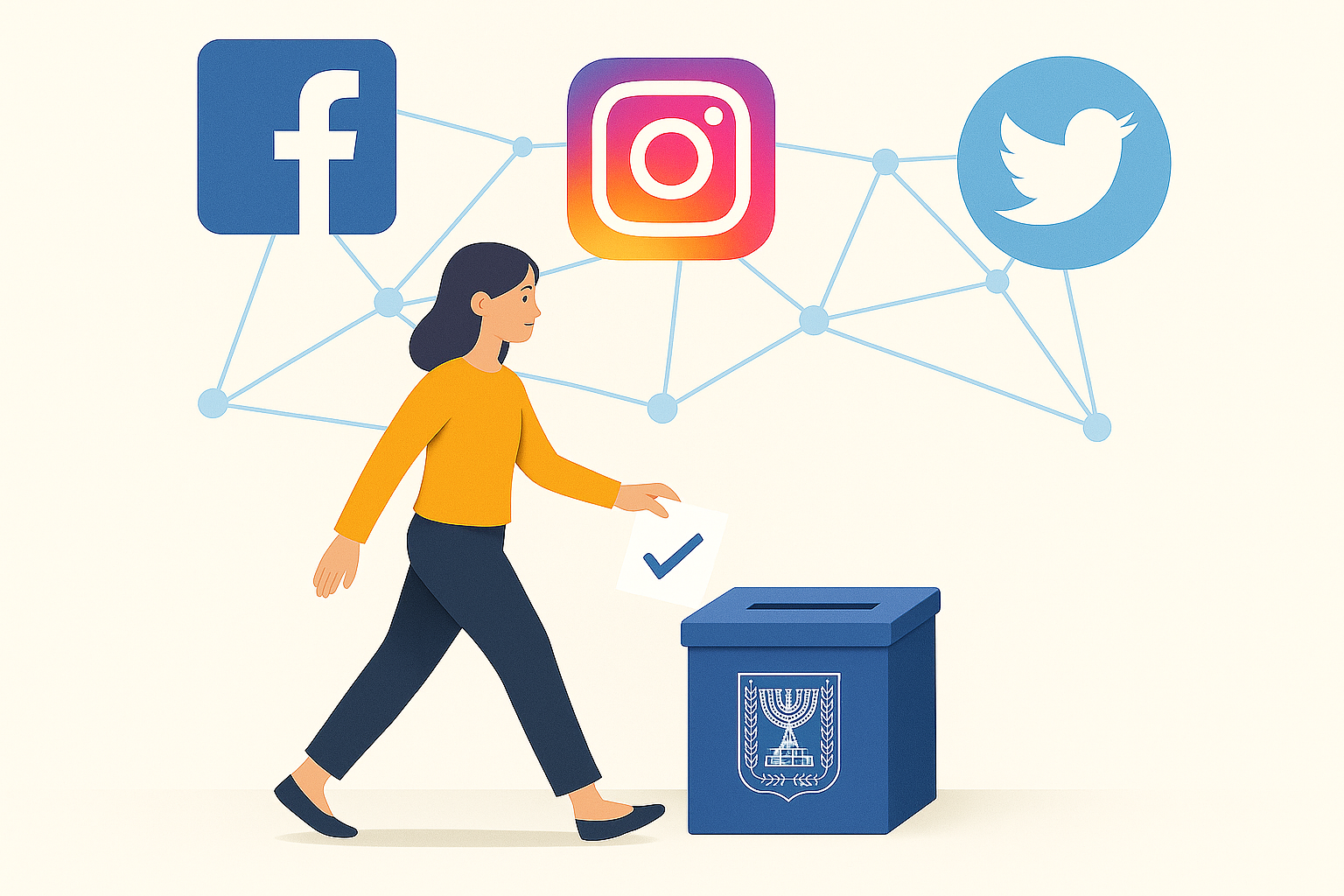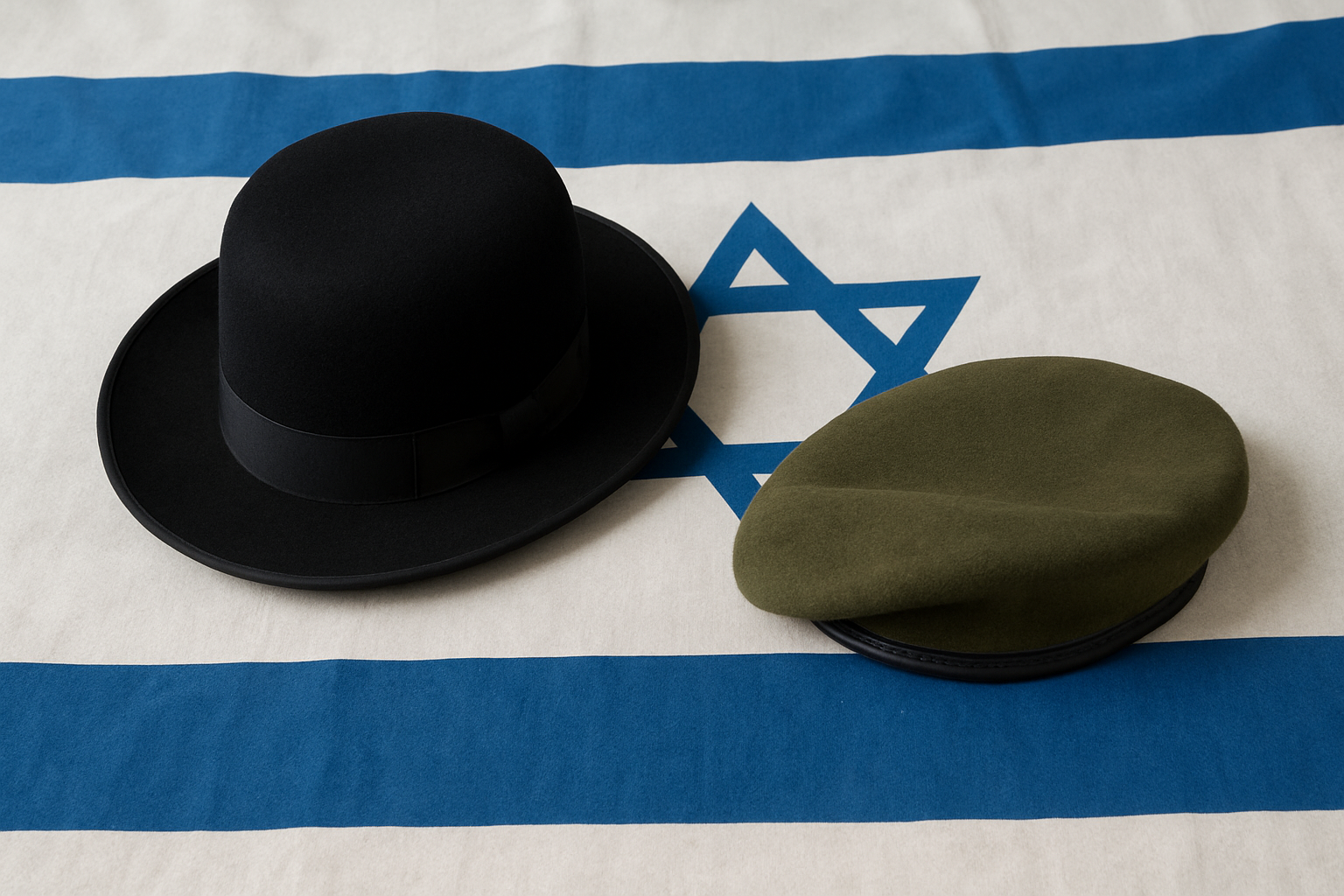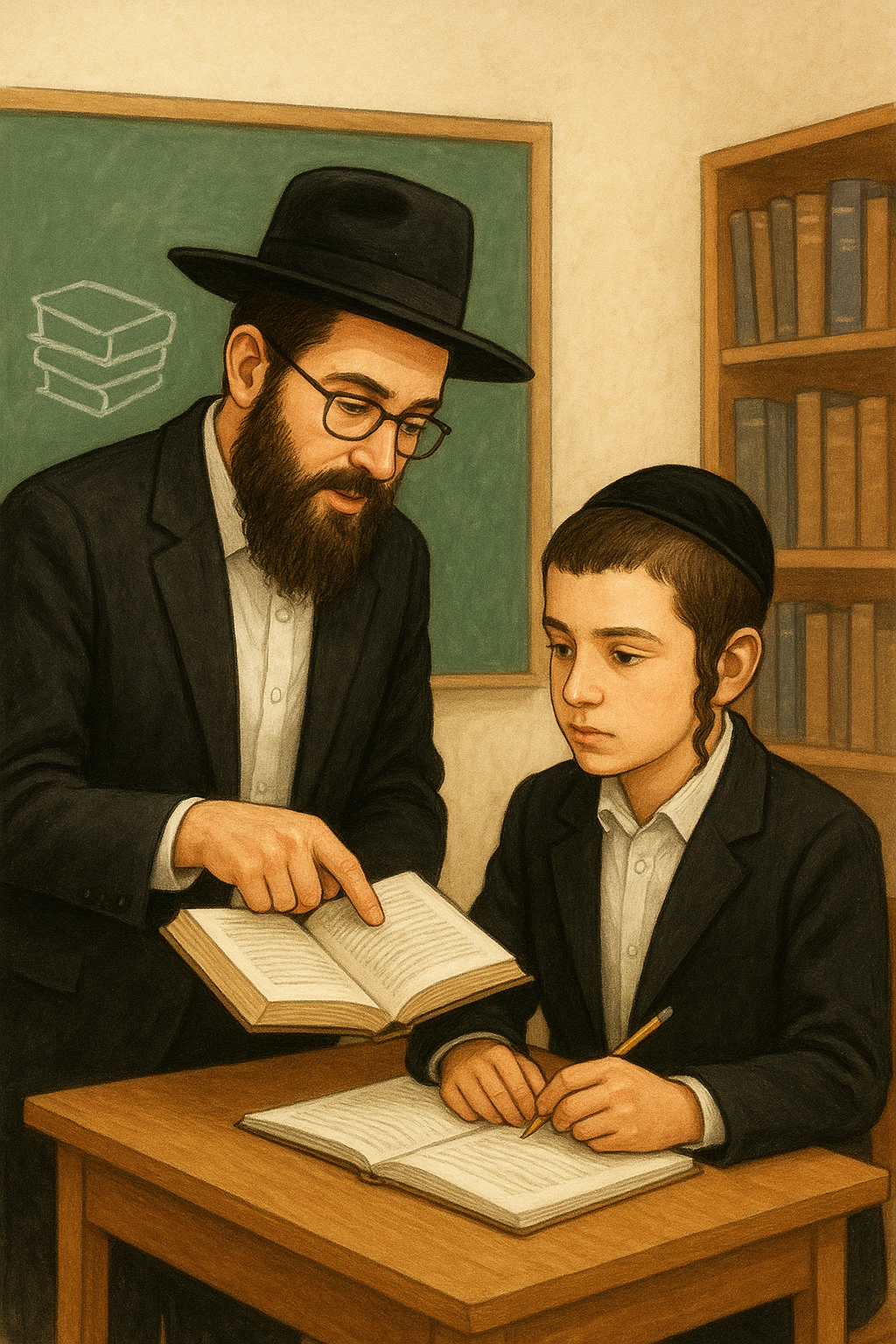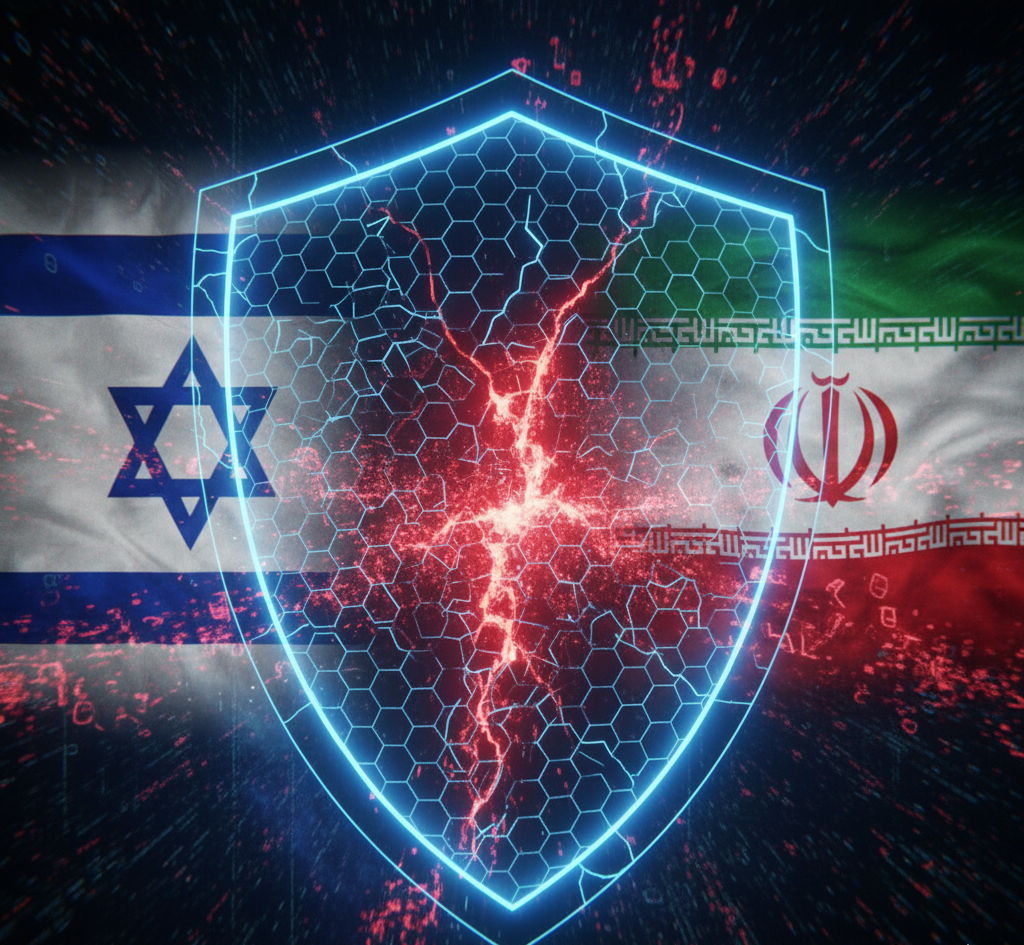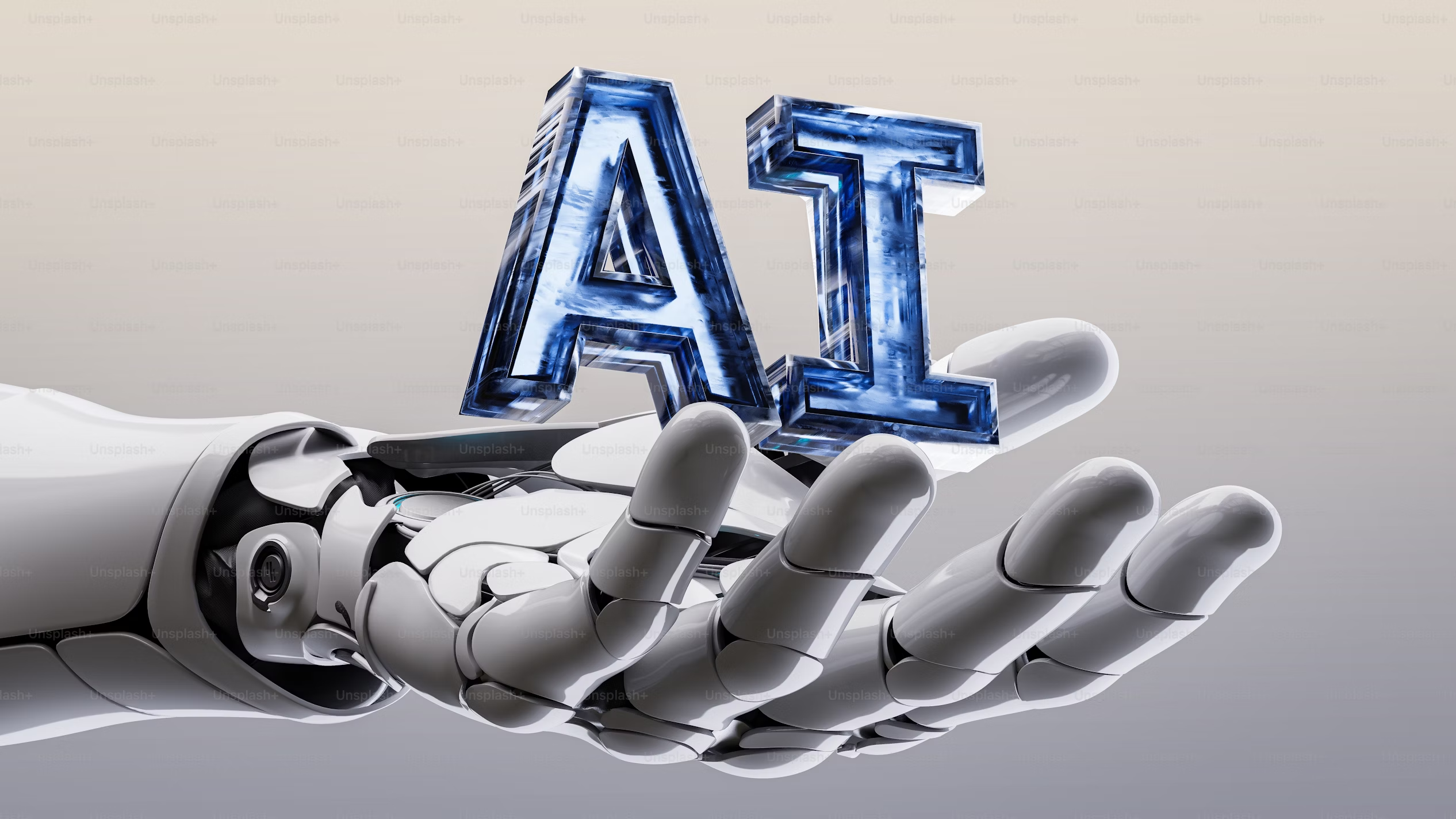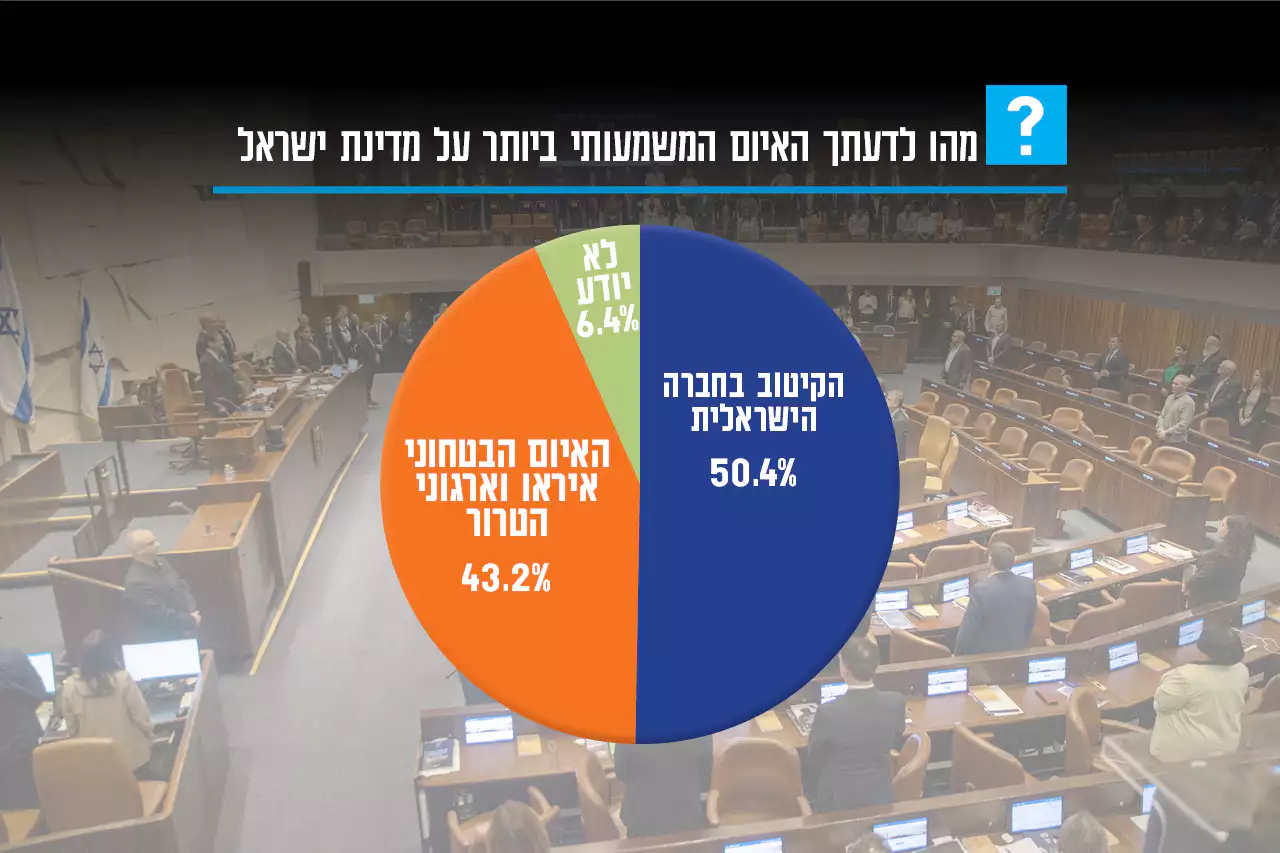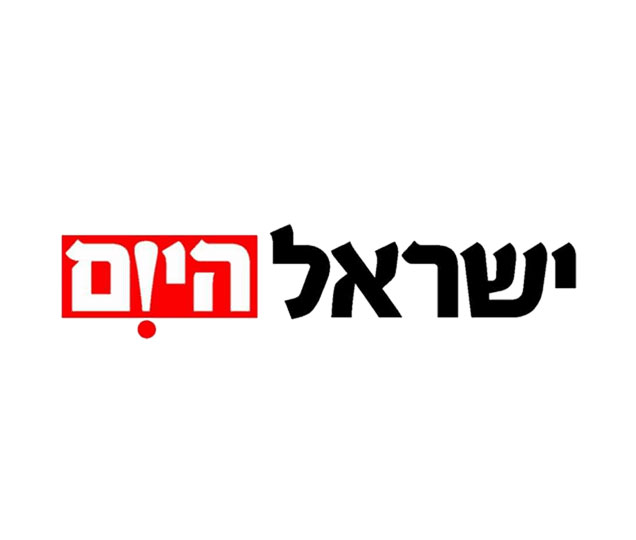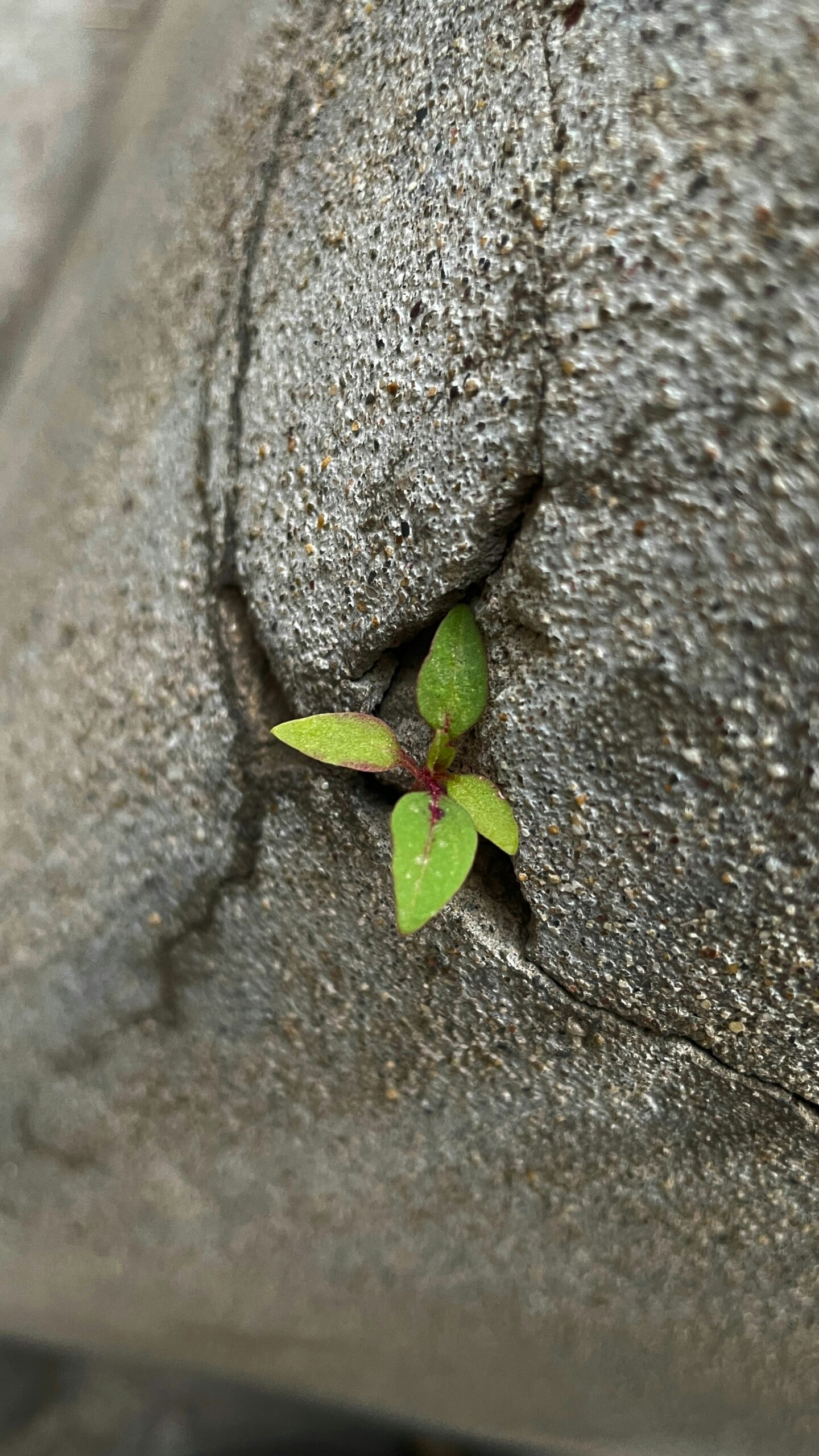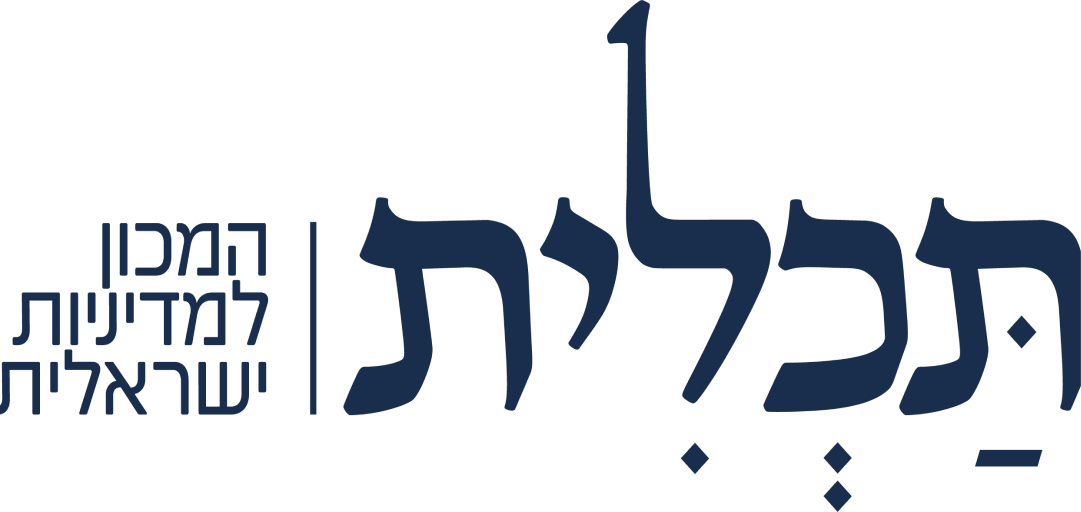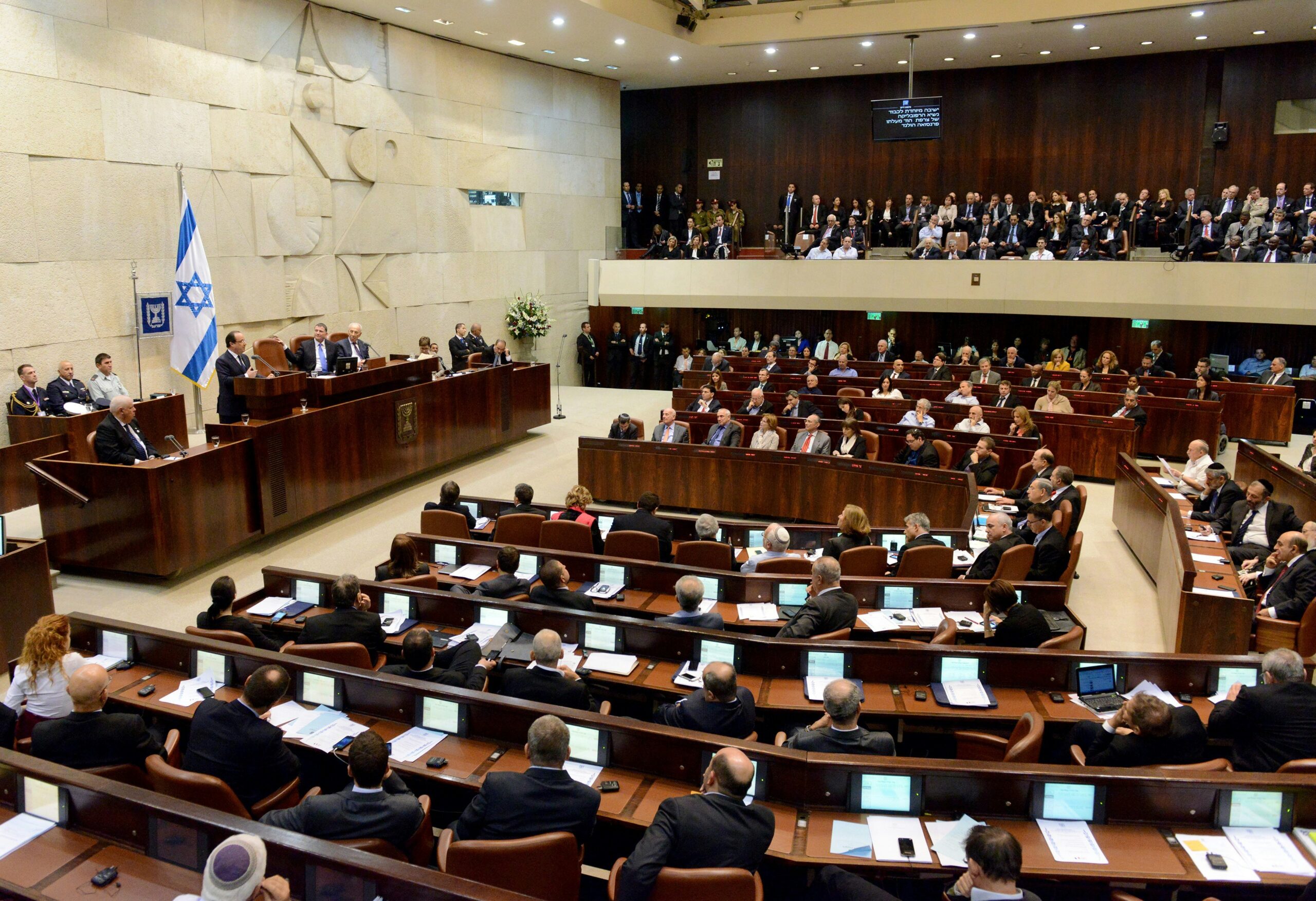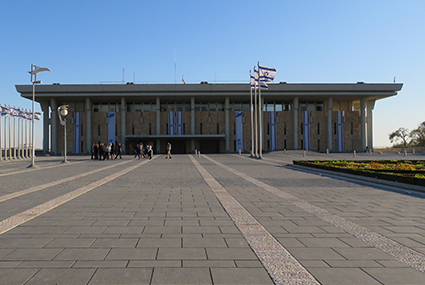The Hamas atrocities of October 7, 2023, mark a turning point in Israeli history. The scale of violence that Hamas inflicted upon Israeli civilians resulted in the death of approximately 1,200 people, the kidnapping of 251 into Gaza, and unprecedented destruction across communities. It shook not only Israeli society but the world at large. Now, almost two years later, a report published by the Dinah Project last week revealed one of the darkest aspects of that day: the use of sexual violence by Hamas as a weapon of terror.
- חוקה ויסודות המשטר
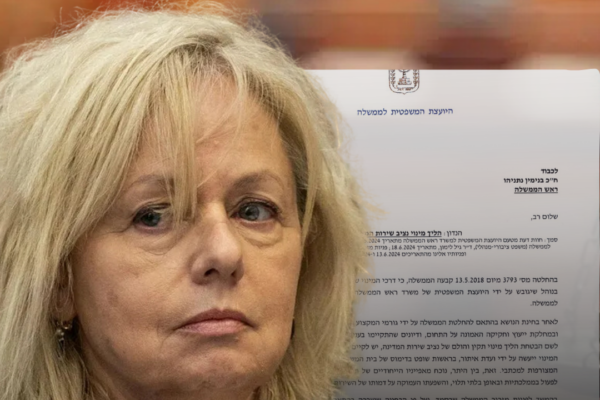
- נושאים נוספים, הממשלה
- ממשל ושירות ציבורי
- זרקור


- נושאים נוספים
- חוקה ויסודות המשטר
- תכל'ס

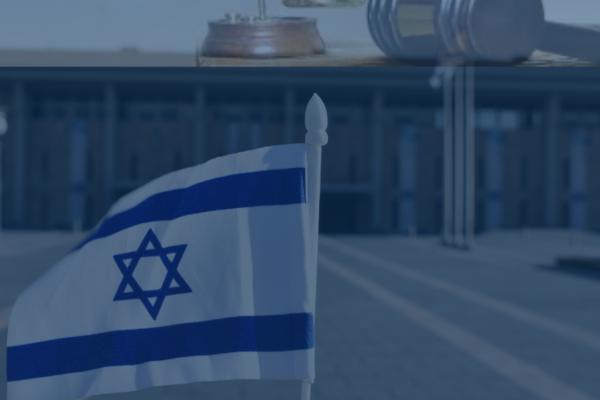
- הכנסת
- ממשל ושירות ציבורי
- זרקור


- נושאים נוספים, הממשלה
- ממשל ושירות ציבורי
- זרקור


- נושאים נוספים
- חוקה ויסודות המשטר
- תכל'ס


- הכנסת
- ממשל ושירות ציבורי
- זרקור

"תיקון חוק יסוד השפיטה – הרכב הוועדה לבחירת שופטים": מורה נבוכים
עמנואל הירשפלד טרכטינגוט
|20.04.2025

- נושאים נוספים, הממשלה
- ממשל ושירות ציבורי
- זרקור


- נושאים נוספים
- חוקה ויסודות המשטר
- תכל'ס


- הכנסת
- ממשל ושירות ציבורי
- זרקור


- נושאים נוספים, הממשלה
- ממשל ושירות ציבורי
- זרקור


- נושאים נוספים
- חוקה ויסודות המשטר
- תכל'ס


- הכנסת
- ממשל ושירות ציבורי
- זרקור


- נושאים נוספים, הממשלה
- ממשל ושירות ציבורי
- זרקור


- נושאים נוספים
- חוקה ויסודות המשטר
- תכל'ס


- הכנסת
- ממשל ושירות ציבורי
- זרקור

- ממשל ושירות ציבורי

- נושאים נוספים, הממשלה
- ממשל ושירות ציבורי
- זרקור


- נושאים נוספים
- חוקה ויסודות המשטר
- תכל'ס


- הכנסת
- ממשל ושירות ציבורי
- זרקור


- נושאים נוספים, הממשלה
- ממשל ושירות ציבורי
- זרקור


- נושאים נוספים
- חוקה ויסודות המשטר
- תכל'ס


- הכנסת
- ממשל ושירות ציבורי
- זרקור


- נושאים נוספים, הממשלה
- ממשל ושירות ציבורי
- זרקור


- נושאים נוספים
- חוקה ויסודות המשטר
- תכל'ס


- הכנסת
- ממשל ושירות ציבורי
- זרקור


- נושאים נוספים, הממשלה
- ממשל ושירות ציבורי
- זרקור


- נושאים נוספים
- חוקה ויסודות המשטר
- תכל'ס


- הכנסת
- ממשל ושירות ציבורי
- זרקור

הצעת חוק הרשויות המקומיות (זכויות וחובות של חברי מועצה), התשפ"ג-2023
עו"ד ד"ר מורן נגיד
|01.06.2025

- נושאים נוספים, הממשלה
- ממשל ושירות ציבורי
- זרקור


- נושאים נוספים
- חוקה ויסודות המשטר
- תכל'ס


- הכנסת
- ממשל ושירות ציבורי
- זרקור

- החברה הישראלית

- נושאים נוספים, הממשלה
- ממשל ושירות ציבורי
- זרקור


- נושאים נוספים
- חוקה ויסודות המשטר
- תכל'ס


- הכנסת
- ממשל ושירות ציבורי
- זרקור


- נושאים נוספים, הממשלה
- ממשל ושירות ציבורי
- זרקור


- נושאים נוספים
- חוקה ויסודות המשטר
- תכל'ס


- הכנסת
- ממשל ושירות ציבורי
- זרקור


- נושאים נוספים, הממשלה
- ממשל ושירות ציבורי
- זרקור


- נושאים נוספים
- חוקה ויסודות המשטר
- תכל'ס


- הכנסת
- ממשל ושירות ציבורי
- זרקור

שאלות ותשובות על המדריך לניהול סיכונים ושימוש אחראי בבינה מלאכותית במגזר הציבורי
מאורי הירש מרקסון
|24.07.2025

- נושאים נוספים, הממשלה
- ממשל ושירות ציבורי
- זרקור


- נושאים נוספים
- חוקה ויסודות המשטר
- תכל'ס


- הכנסת
- ממשל ושירות ציבורי
- זרקור

- "אחד העם"
- מחקרי דעת קהל
